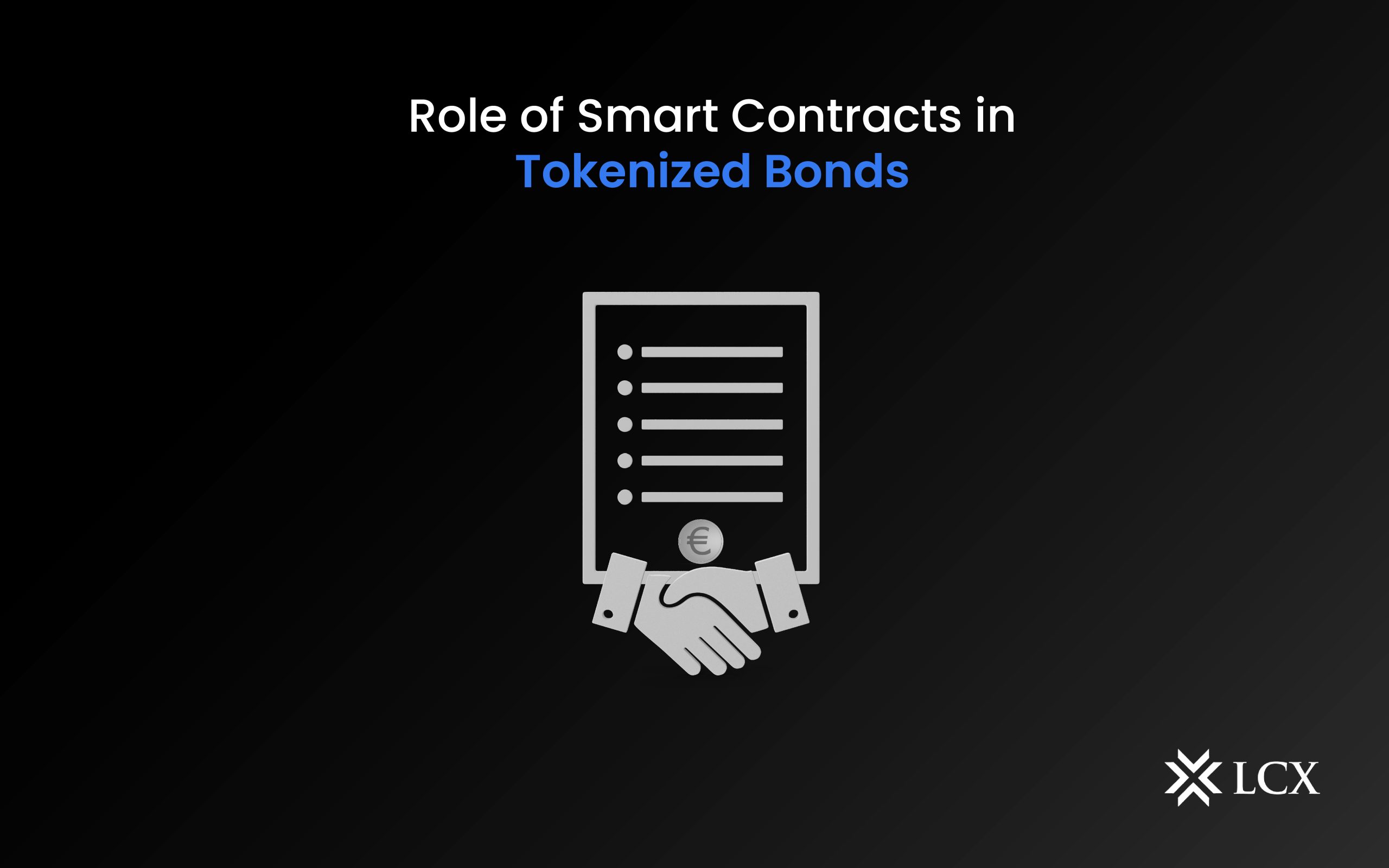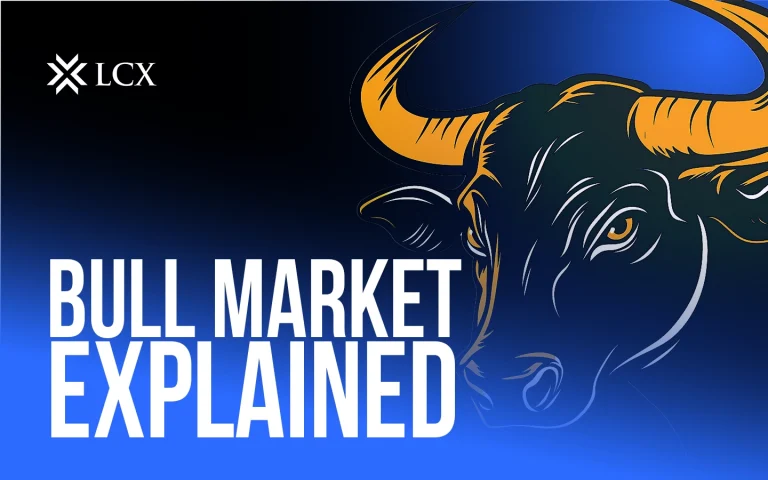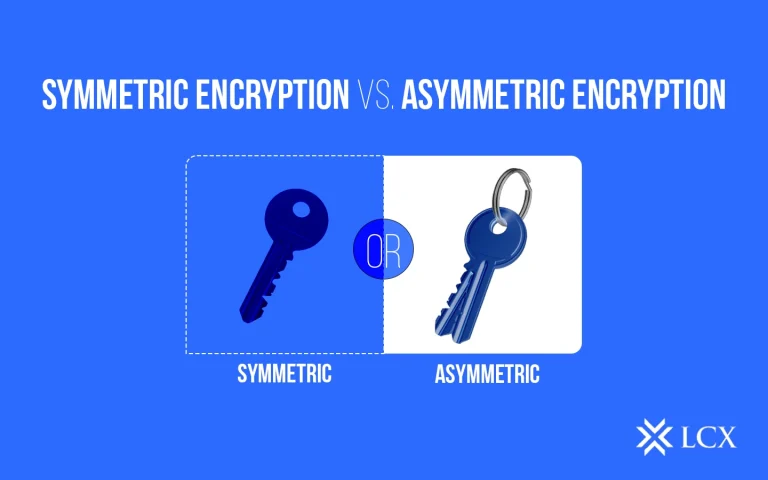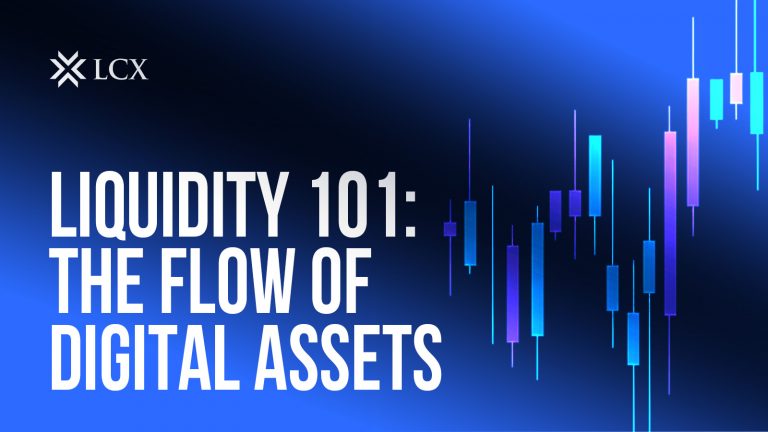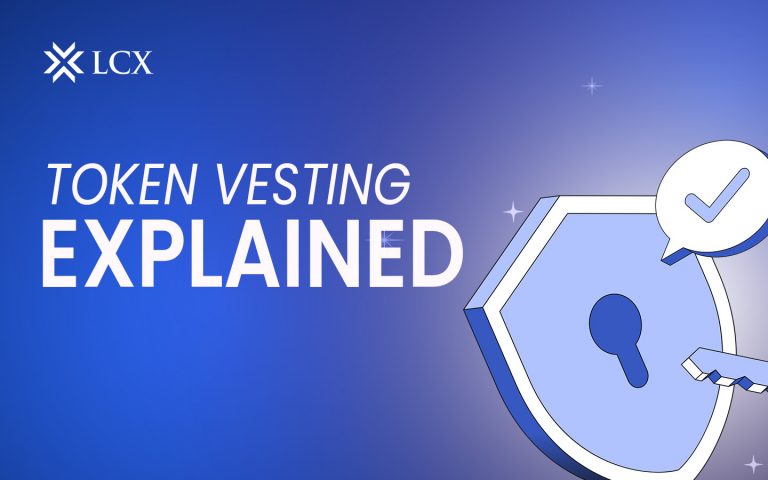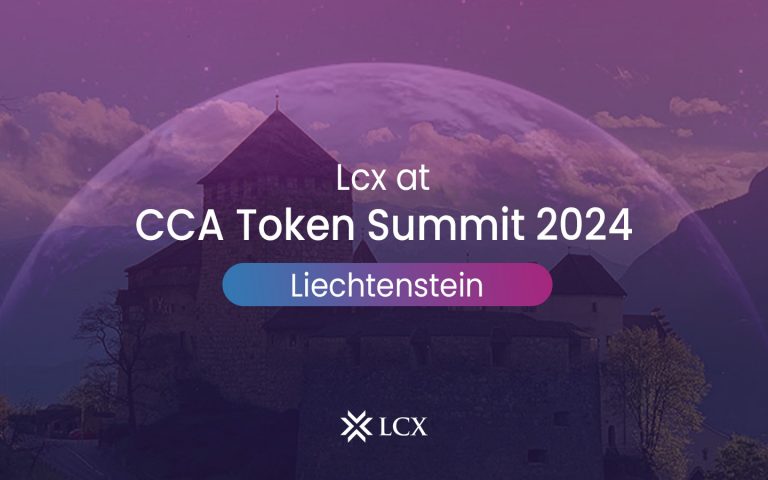The growth of blockchain technology has led to the birth of tokenized bonds, a new type of financial instrument. Tokenized bonds are digital equivalents of conventional bonds issued and traded using a blockchain network. These bonds offer various advantages over their conventional counterparts, including greater transparency, lower transaction costs, and increased security. Smart contracts are one of the main technologies that make tokenized bonds viable.
Introduction to Smart Contracts
A smart contract is a contract that automatically executes, with the details of the agreement between buyer and seller written directly into computer code. The existence of the code and its associated agreements on a blockchain network ensures that they cannot be modified once deployed. Smart contracts enable the automation of contract execution, removing the need for intermediaries and decreasing the expenses associated with conventional contract execution. Smart contracts are also transparent, secure, and enforceable, which makes them perfect for usage in financial applications.
Smart Contracts and Tokenized Bonds
Tokenized bonds are digital equivalents of conventional bonds issued and traded using a blockchain network. The concepts of traditional bonds and tokenized bonds share similarities in their modes of operation. Essentially, bond issuers create them, and investors purchase them at a predetermined price. The bond issuer is responsible for ensuring payment of a specific interest rate for a stipulated period, with the principal sum returned upon maturity. The primary distinction between traditional bonds and tokenized bonds is that the latter are recorded on a blockchain network.
The advent of blockchain technology has given rise to smart contracts that automatically execute the terms of the agreement. In the case of tokenized bonds, the smart contract is designed to ensure that bondholders receive their interest and principal payments. As a result, the need for intermediaries such as banks to facilitate the payment process is eliminated.
In the issuing and trading of tokenized bonds, smart contracts play a vital role. When a bond is issued, a smart contract containing the bond’s terms, including the coupon rate, maturity date, and payment schedule, is generated. The smart contract also specifies the regulations for interest and principal payments to bonds. The blockchain network ensures that payments are done automatically and without the need for intermediaries by enforcing these rules.
Moreover, smart contracts can be used to automate the bond trading process. Bondholders can sell tokens by executing a smart contract that transfers token ownership to the buyer. The smart contract also ensures that the seller receives payment for their tokens and that the buyer acquires token ownership. This procedure eliminates the need for intermediaries, thereby decreasing transaction costs and accelerating transaction times.
Benefits of Smart Contracts in Tokenized Bonds
The use of smart contracts in tokenized bonds offers several benefits. These are:
- Smart contracts increase transparency by providing a permanent, immutable record of all transactions on the blockchain network. This ensures that investors have access to accurate and up-to-date information about the bond and its performance.
- Smart contracts reduce transaction costs by eliminating the need for intermediaries. This makes bond trading more accessible to a wider range of investors and reduces the overall cost of capital for issuers.
- Smart contracts increase the speed of transactions by automating the process of contract execution. This means that transactions can be completed in a matter of seconds rather than days or weeks, as is often the case with traditional bond trading.
- Smart contracts enhance the security of bond transactions by using encryption and other security measures to protect against fraud and hacking.
LCX EURt7 Tokenized Bond: Regulated and Compliant
LCX has introduced the EURt7 tokenized bond, upholding and reaffirming its dedication to regulatory compliance and complete transparency. EURt7 will provide investors with a one-of-a-kind investment option that blends the benefits of blockchain technology with the safety of conventional bonds. The EURt7 tokenized bond has been endorsed by the regulator in Liechtenstein and has been passported across 29 additional European countries. By adding LCX EURt7 to the portfolios, investors can earn 7% on their Euro with LCX’s authorized bond offering. To invest, they need to:
- Have a verified account on LCX.com
- Invest at least 1,000 EUR, with a maximum of 10,000 users
- Invest in a limited offering of €10 million until sold out
- Be a resident of the European Economic Area (EEA)
Learn more at www.LCX.com/EURt7/
How to Invest in EURt7 Bonds at LCX Exchange
For users to invest in LCX’s EURt7 bonds, the following are a few simple steps to follow:
- Sign up or Login at https://accounts.LCX.com/
- Your need to be eligible to invest, check terms and conditions at LCX.com/EURt7
- Click “Earn” in the navigation bar
- See EURt7 line and click “Invest” button
- Add amount you want to invest
- Make sure you have the EUR for your investment and LCX token to pay the fees in your LCX Main Wallet.
- Click the checkbox to accept the terms and conditions
- Now click, “Invest in EURt7”
Conclusion
The use of smart contracts in tokenized bonds is revolutionizing the world of finance. By enabling the automation of contract execution, smart contracts reduce transaction costs, increase transparency, and enhance the security of bond transactions. In addition, tokenized bonds offer greater liquidity and accessibility to capital for issuers. As blockchain technology continues to evolve, investors can expect to see even more innovative financial instruments that leverage the power of smart contracts. The future of finance is here, and smart contracts are leading the way.
